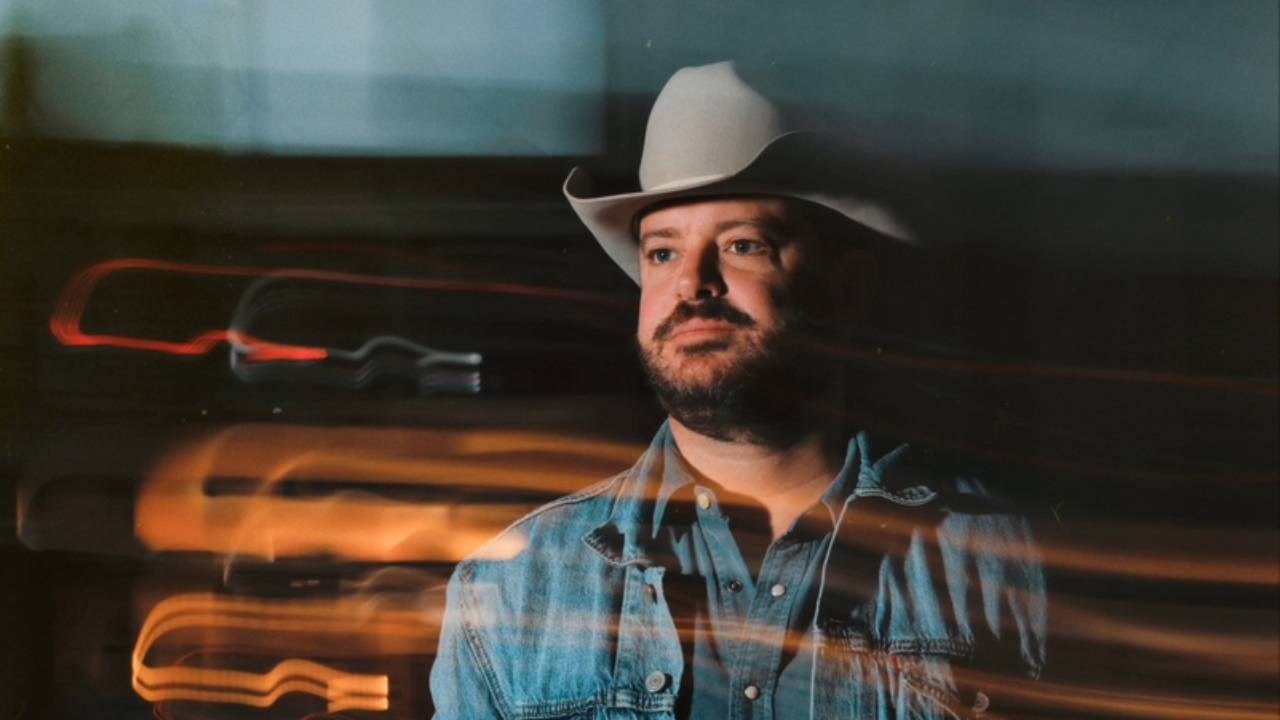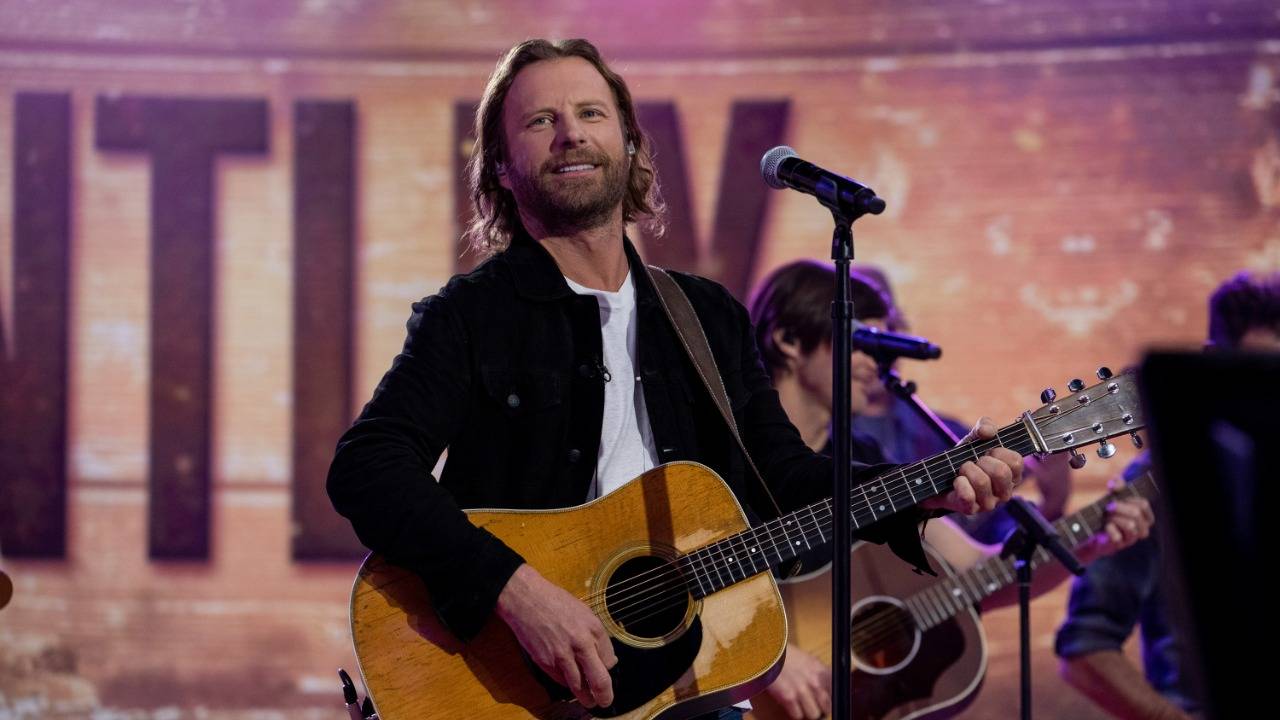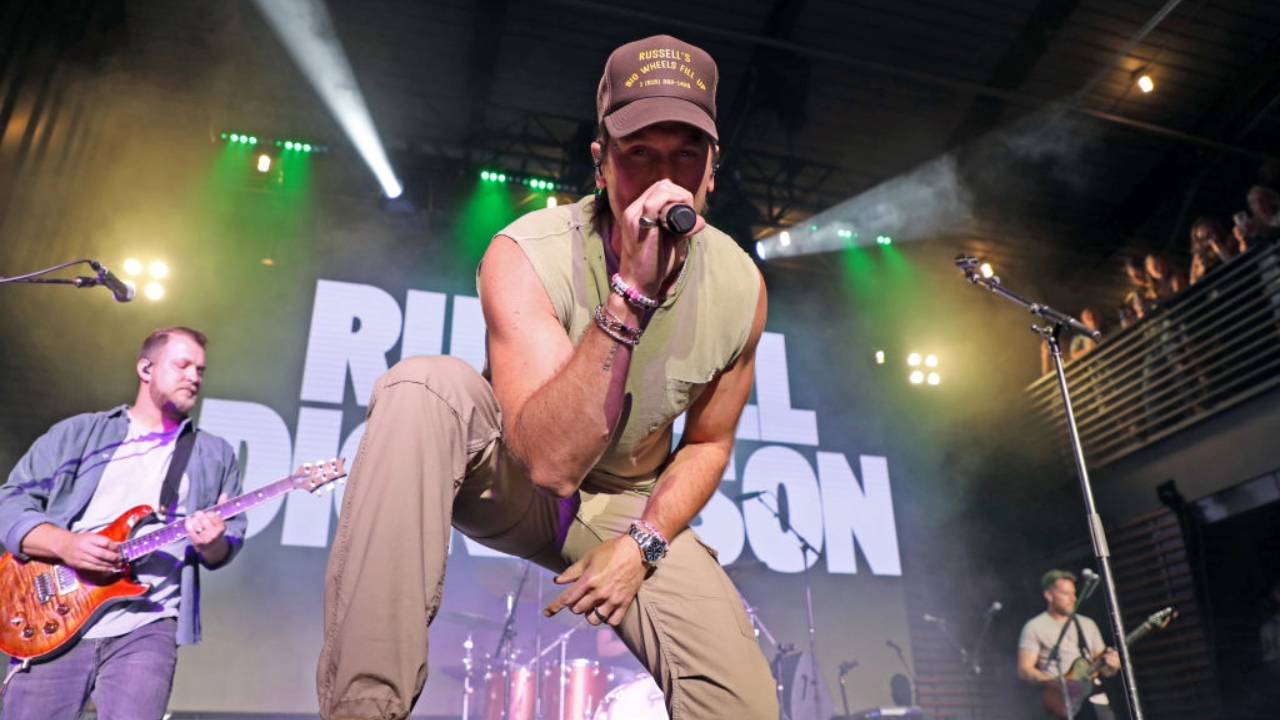NASHVILLE SKYLINE: Johnny Cash: The Man Still Comes Around

(NASHVILLE SKYLINE is a column by CMT/CMT.com Editorial Director Chet Flippo.)
The late Johnny Cash may not have agreed, but his was truly "a well spent life," to borrow filmmaker Les Blank's title for his documentary of the late Texas bluesman Mance Lipscomb.
For all of his personal excesses and for all of his career difficulties and ups and downs, Cash left a musical legacy that is still ascending and is still being sorted out these eight years since his death due to a number of physical ailments, including diabetes.
His only son John Carter Cash has just published a warm tribute book about his father that humanizes him in a way that none of his biographers -- understandably -- were able to do. They didn't grow up with him, in his house.
Johnny Cash was human and mortal and fallible. As House of Cash: The Legacies of My Father, Johnny Cash unfolds with a myriad of personal details and souvenirs of his everyday home life, the reader can grasp a palpable sense of the Johnny Cash that not everyone was able to get to know or understand. He was funny and earthy and could be obscene, but he was also deeply religious and devoted to his family. And he was a musical scholar and a devotee of history.
I personally will always treasure the memory of the afternoon when Cash prepared dinner for me in his rural cabin in Bon Aqua, Tenn. I knew him from a couple of previous meetings and was there to interview him for a guitar magazine, but he treated me as if I were the most special person he had ever met. A lot of the other people he encountered in his life obviously felt the same way that I did.
I spent the whole afternoon with him there, with no handlers or press agents present, no bodyguards hanging around, no nothing of celebrity excess.
I don't remember exactly what the dinner he cooked consisted of, but I vividly recall that the crowning touch came when he cleared the dinner dishes from the table, vanished into the kitchen and reappeared with the triumphant announcement, "I also have dessert!" He disappeared into the kitchen and made a dramatic return, smiling broadly and bearing popsicles on two plates. That was his proud dessert. That is the Johnny Cash that I remember.
His musical journeys are very well captured by a new and very entertaining musical package, Bootleg Vol. III: Johnny Cash Live Around the World.
The live show at the Richard Nixon White House by itself would make a memorable live album on its own. An interesting footnote: John Carter Cash was then 6 weeks old, and Johnny and June brought him along to the White House.
It was recorded on April 17, 1970, with the full Cash tour ensemble including his band members Bob Wootton, Marshall Grant and W.S Holland, along with Carl Perkins on electric guitar and vocals and June Carter Cash, Anita Carter, the Carter Family and the Statler Brothers all on backing vocals.
Cash had rebuked Nixon's request that he sing the racist song "Welfare Cadillac" as well as Merle Haggard's "Okie From Muskogee." Nixon alluded to that in his introduction of Cash when he said he was not an expert on Cash's music, as he "found out when I tried to tell him what to sing." Instead, Cash sang his own composition, "What Is Truth."
Some lyrics from "What is Truth":
Yeah, the ones that you're calling wild/Are going to be the leaders in a little while/This old world's wakin' to a new-born day/And I solemnly swear that it'll be their way/You better help the voice of youth find/What is truth.
There are myriad other landmark performances on this set that pop up from across the world throughout his long performing career. The Newport Folk Festival in 1964 is particularly revealing for a certain erratic and reckless nature in Cash's delivery and performance that may well have reflected his personal problems at the time. A concert for U.S. troops in Long Binh, Vietnam, in 1969, however, is especially memorable, both for his apparent return to his usual spirit and for the crowd's rousing response.
The two-CD set begins with Cash at the influential Big D Jamboree in Dallas in 1956 and continues with a Maryland festival show in 1962, Newport in 1964, the Vietnam show in 1969, the White House performance, Osteraker Prison in Sweden in 1972, the CBS Records convention in Nashville in 1973, a show at the family's Carter Fold in Hiltons, Va., in 1976, the Wheeling Jamboree in West Virginia in 1976 and a final appearance at Nashville's intimate Exit Inn in 1979.
I'm a bit disappointed that none of Cash's appearances on the Rev. Billy Graham's evangelical crusades are included here. The two crusade events I attended where Cash and his troupe played were truly remarkable and very emotional, and they very much revealed Cash's religious side. One of my favorite CD boxed sets to this day remains that of Cash reading aloud the entire New Testament of the Bible.
Still, this two CD-set pretty much presents the wide range of Cash's live performing career.
When future historians evaluate country music and its impact on society and on the music's heritage, I think there will be a battle between Johnny Cash and Hank Williams as to who had the biggest influence. My money is landing on the Cash marker.





